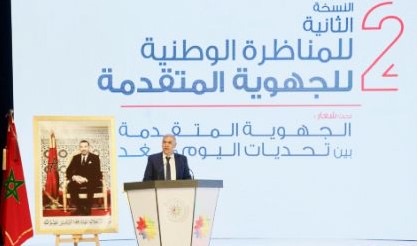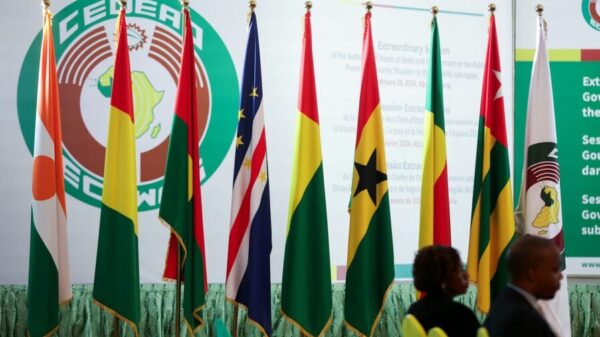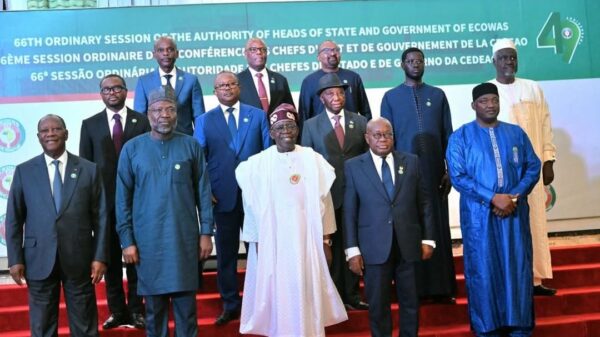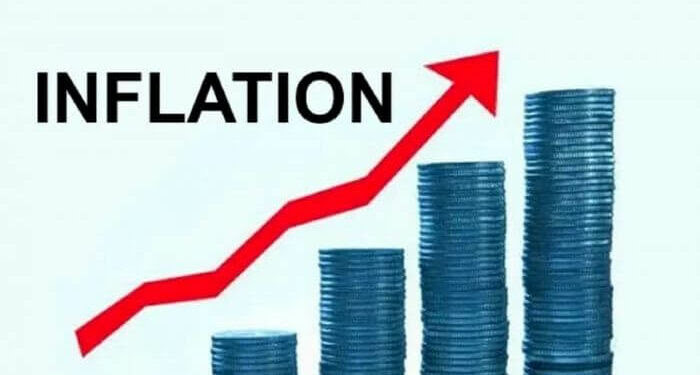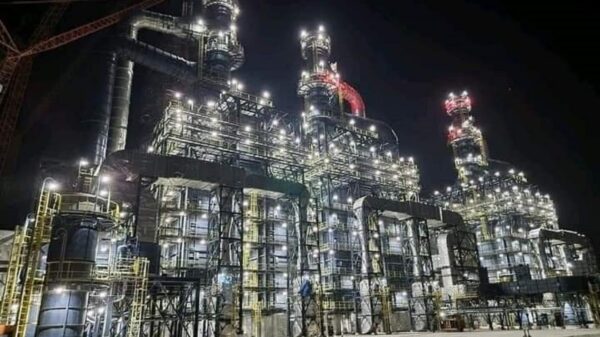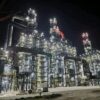The recent Fitch Ratings projection of deceleration of Nigeria’s inflation rate has been described to be in concordance with the research work of The Democratic Front (TDF) which had long expressed the view that considering various emerging economic variables, inflation rates were bound to come down.
In its statement issued by the team of researchers and signed by the Chairman, Mallam Danjuma Mohammed and Secretary, Chief, Wale Adedayo, the TDF expressed its happiness that Fitch is projecting that inflation figures would nose – dive from the current 33.7% to 26. 2% by Q1 of 2025, a claim that runs in tandem with the position held by the group.
“Our optimism and expectation of a brighter economic out-look for Nigeria beginning from 2024 and ultimately by the year 2025, is further emboldened by the reputable global rating agency’s decision to place the Nigerian economy at B rating position, which in our opinion, endorses the performance of President Bola Ahmed Tinubu’s economic reforms.
” It is also a confirmation of TDF’s previous statements acknowledging effective monetary policy deployments by the Central Bank of Nigeria (CBN) Governor, Yemi Cardoso, working in collaboration with the deft management of ongoing fiscal reforms by the Minister of Finance and Coordinating Minister of the Economy, Mr. Wale Edun.
“It is very pleasing to us that the Fitch Ratings aptly captured the significantly stable traction in the growth of our macro-economy, as it responds gradually to fundamental changes that were introduced by President Tinubu’s twin economic reforms of withdrawal of oil subsidy and the unification of foreign exchange rates.
“With the Year-on-Year increase in Nigeria’s Gross Domestic Product (GDP) to 3.19% in Q2 of 2024 over the same quarter of 2023 coupled with Debt Service-to-Revenue Ratio dropping to a five year low from 97% to 68% in Q2 2024, as against a July 2024 as well as Afreximbank’ prediction of 110% by 2024, the economy can only be said to be looking up.
“There is also a quantum leap in earnings from non oil export receipt of $2.7 billion in the first half of 2024 and this is mainly driven by increase in the global demand for made-in-Nigeria products, representing 6.26% increase from the $2.53 billion recorded in the same period in 2023. This only translates into practical indicators of positive trajectory for the financial health of the nation.
“Similarly , the impressive increase in Nigeria’s External Reserves reaching $39.07 billion as of September 19, 2024, and the momentous increase in foreign exchange remittances alongside Foreign Direct/ Portfolio Investments are indicative of increase in productivity: and a stable transition of the Nigerian economy from a static, monolithic, non-productive model, to a flourishing economic fecundity bound to have spiral implications on job and wealth creation for the populace.
“However, it is important to note that the current inflation rate of 32.70% in September 2024 is majorly driven by shortage in the national food supply chain occasioned by bad roads, banditry, and terrorism.
“We must understand that 60-70 per cent of our annual food production is damaged in the farms due to these factors, which are extraneous to agriculture productivity.
“It should be appreciated that Nigeria’s innate capacity and potential to feed her population have not declined. As a matter of fact, financial interventions by the immediate past APC regime and the present initiatives by the Tinubu administration in supporting large-scale mechanized farming have boosted the country’s potential in agro-production.
But insecurity and logistical constraints in moving produce from farm gates to the consumers have crippled supplies, which in turn triggered artificial inflation in the prices of food stuff across the country.
“It is in the light of these challenges that we commend President Bola Ahmed Tinubu for acquiring a loan of $500 million to launch the final phase of military offensive that will eradicate insecurity in Nigeria. This task is happily in progress, and we are convinced that in few months from now, the nation’s food supply process will be fully restored, and Nigeria’s inflation rate will crash more significantly, even below the projection of Fitch Ratings.
We are indeed excited to note that the Fitch report, like other encouraging reports before it, have once again justified the successes recorded so far by President Bola Tinubu economic reforms as implemented. It further underscores the need to stay the course for a speedy realization of its ultimate objective to usher Nigeria into a new dawn of economic prosperity.





